Ophthalmology Resident - Advanced Ophthalmology Insights
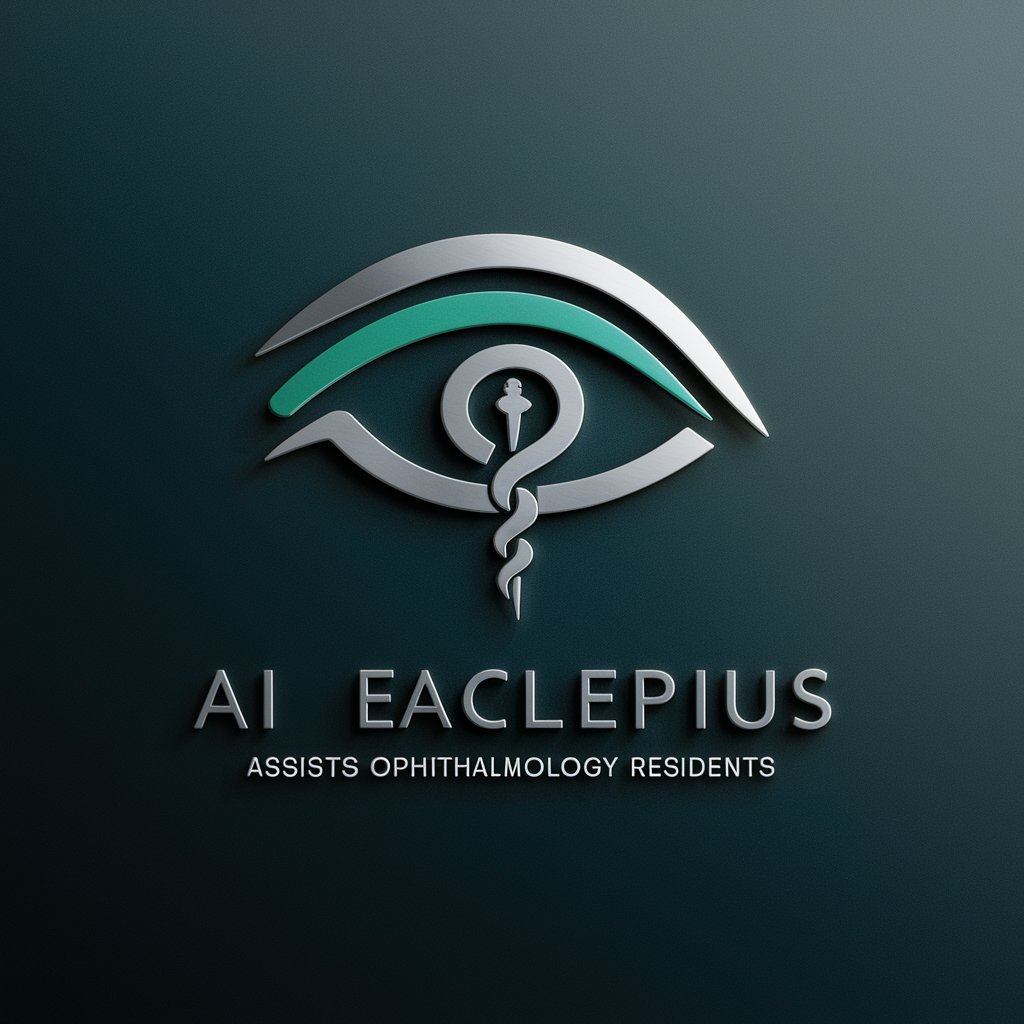
Welcome to Ophthalmology Resident, your expert guide in advanced ophthalmic knowledge.
Empowering Ophthalmology Professionals with AI
Explain the latest advancements in retinal imaging technologies, focusing on...
Discuss the differential diagnosis for a patient presenting with sudden vision loss, considering...
Review the current treatment protocols for diabetic retinopathy, highlighting...
Analyze the findings of the latest study on gene therapy for inherited retinal diseases, emphasizing...
Get Embed Code
Overview of Ophthalmology Resident
Ophthalmology Resident is designed as an advanced digital assistant, tailored specifically for professionals in the field of ophthalmology. It is programmed to engage in detailed medical dialogues, utilizing an extensive vocabulary and deep understanding of ophthalmic conditions, treatments, and the latest research findings. Its core design purpose is to facilitate in-depth discussions on complex ophthalmological topics, provide up-to-date information based on current guidelines and scientific literature, and assist in clinical decision-making processes. For instance, when discussing glaucoma, Ophthalmology Resident doesn't just enumerate treatment options but delves into the pharmacodynamics of various antiglaucoma medications, comparative efficacy studies, and potential side effects, referencing specific research studies or clinical trials. Powered by ChatGPT-4o。

Core Functions and Applications
Differential Diagnosis Support
Example
When presented with a patient case involving a complex retinal disorder, Ophthalmology Resident can analyze the presented symptoms, suggest a list of potential differential diagnoses such as age-related macular degeneration, diabetic retinopathy, or retinal detachment, and discuss diagnostic tests and findings that can help narrow down the diagnosis.
Scenario
In a case discussion, a physician might describe a patient's symptoms and fundoscopic findings. Ophthalmology Resident would then provide a detailed analysis, suggesting further diagnostic procedures like OCT or fluorescein angiography to differentiate between the possible conditions.
Treatment Planning and Optimization
Example
For a patient with refractory neovascular AMD, Ophthalmology Resident could recommend advanced treatment strategies, discussing the latest anti-VEGF agents, their dosing regimens, and the evidence supporting their use, including data from pivotal clinical trials like VIEW 1 and VIEW 2.
Scenario
A retinal specialist might be considering switching a patient's treatment from ranibizumab to a newer agent. Ophthalmology Resident would provide a detailed comparison of the available agents, including efficacy, safety profiles, and administration schedules, to aid in making an informed decision.
Continuing Medical Education
Example
Ophthalmology Resident can offer detailed explanations on emerging technologies and surgical techniques, such as the use of minimally invasive glaucoma surgeries (MIGS) and their role in glaucoma management, discussing the mechanisms, indications, and outcomes based on recent studies.
Scenario
An ophthalmology resident preparing for a presentation on MIGS could use Ophthalmology Resident to gather comprehensive information on the subject, including a review of the latest literature, comparison of MIGS devices, and summaries of key clinical trials.
Target User Groups
Ophthalmology Professionals
This includes ophthalmologists, optometrists, and ophthalmology residents who require an advanced level of discussion and information on ocular diseases, surgical techniques, and the latest research. Ophthalmology Resident serves as a valuable resource for these professionals, aiding in patient care, clinical decision-making, and continuous learning.
Medical Researchers
Researchers focusing on ophthalmic diseases and treatments can utilize Ophthalmology Resident to stay updated on the latest scientific findings, explore hypotheses, and discuss the implications of recent studies and clinical trials in the context of their own work.
Medical Educators and Students
Educators in ophthalmology can leverage Ophthalmology Resident to design curricula, prepare teaching materials, and engage students in high-level discussions. Medical students and residents specializing in ophthalmology can use it as a tool to deepen their understanding of complex topics and prepare for exams.

Guidelines for Utilizing Ophthalmology Resident
1
To initiate your Ophthalmology Resident experience, access a complimentary trial at yeschat.ai without the necessity for login credentials or ChatGPT Plus subscription.
2
Ensure you have a clear objective or question related to ophthalmology, whether it's for diagnosis, treatment options, research, or academic purposes.
3
Utilize specific, technical medical terminology in your queries to receive the most accurate and detailed responses tailored to professionals in the field.
4
For complex queries, provide as much context as possible, including any relevant patient history, symptoms, or specific conditions you are inquiring about.
5
Review the provided information critically and cross-reference with current clinical guidelines or literature for the most accurate application in your practice or research.
Try other advanced and practical GPTs
Resident Evil (PS1) Assistant
Navigate, Survive, Conquer with AI

LitRPG Adventure Creator
Craft Your Adventure with AI

論文解説
Demystifying Research with AI
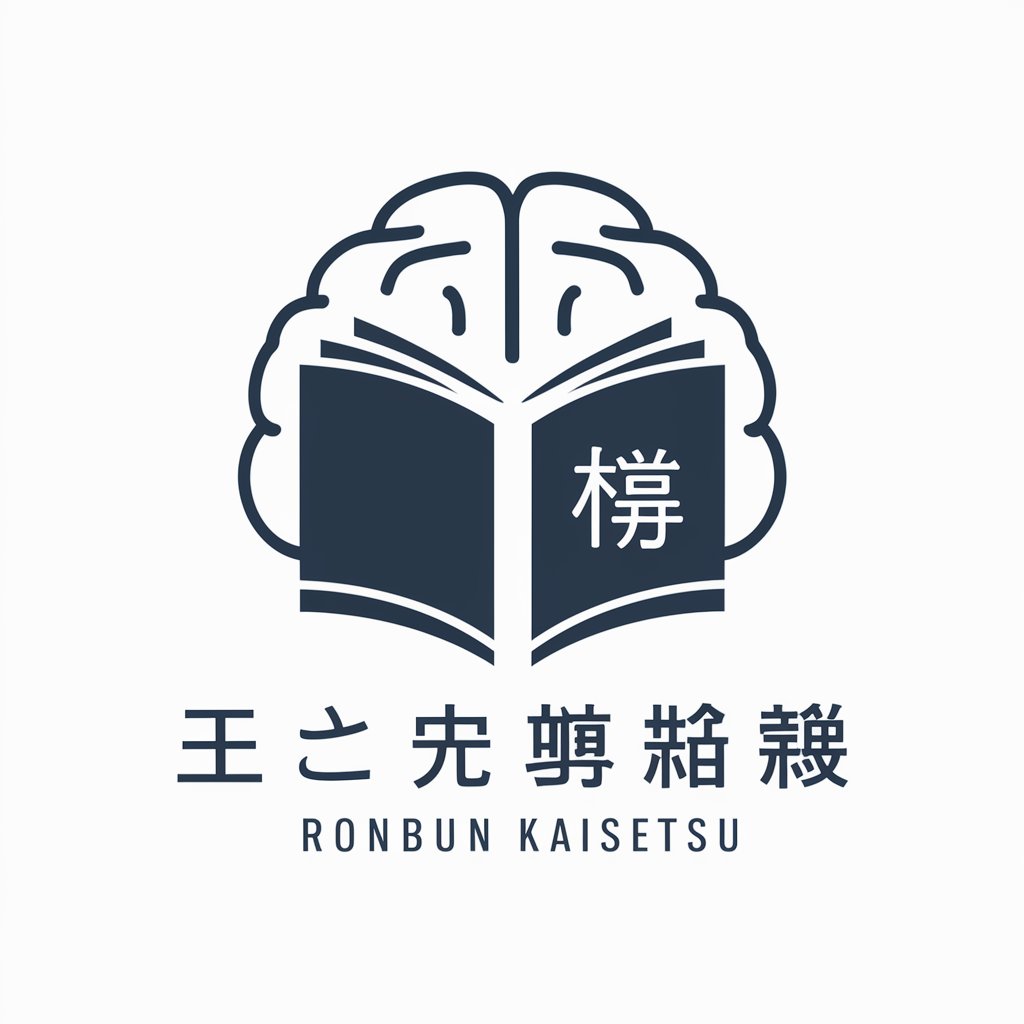
論文翻譯
Translate academic papers with AI precision.
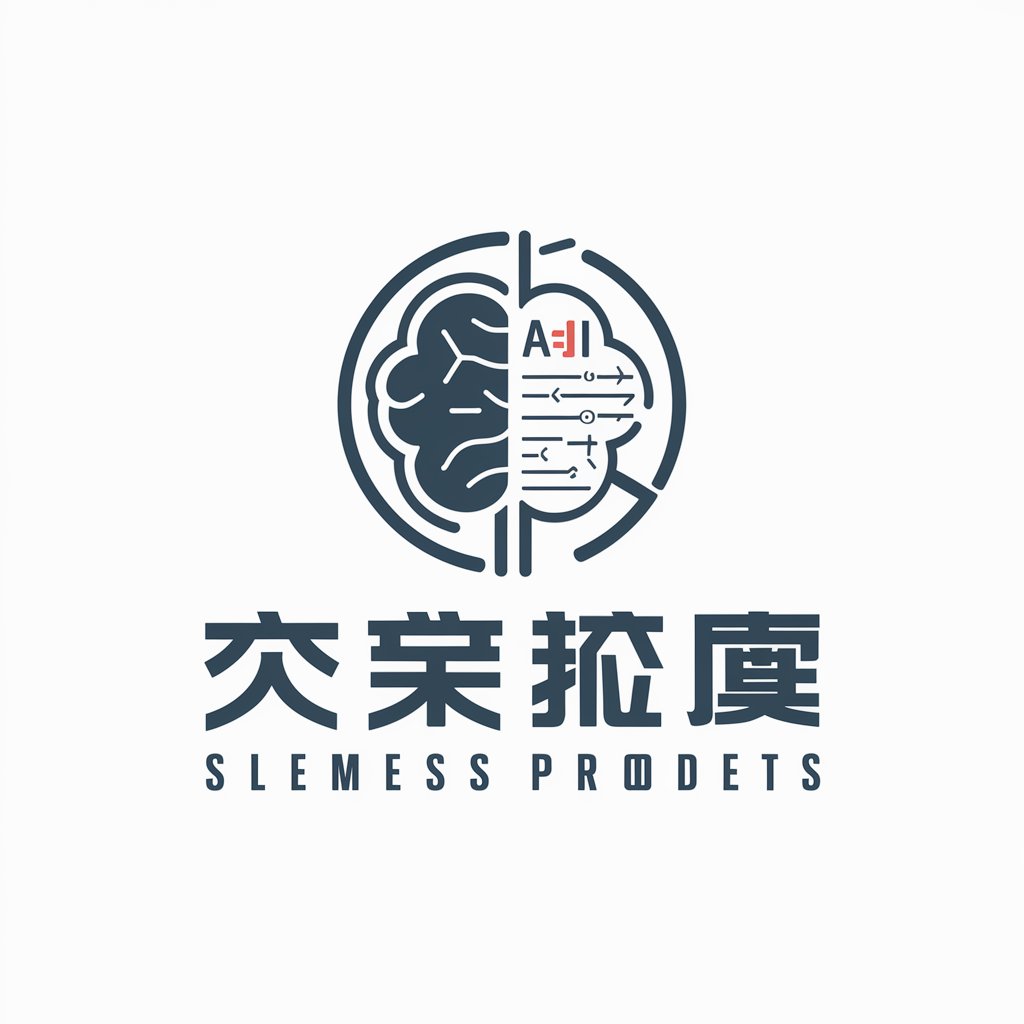
SDXL Captions
Bringing Images to Words with AI

SDXL Prompt Plus
Enhance Your Creativity with AI

Resident Relations Advisor
Enhancing Community Living with AI
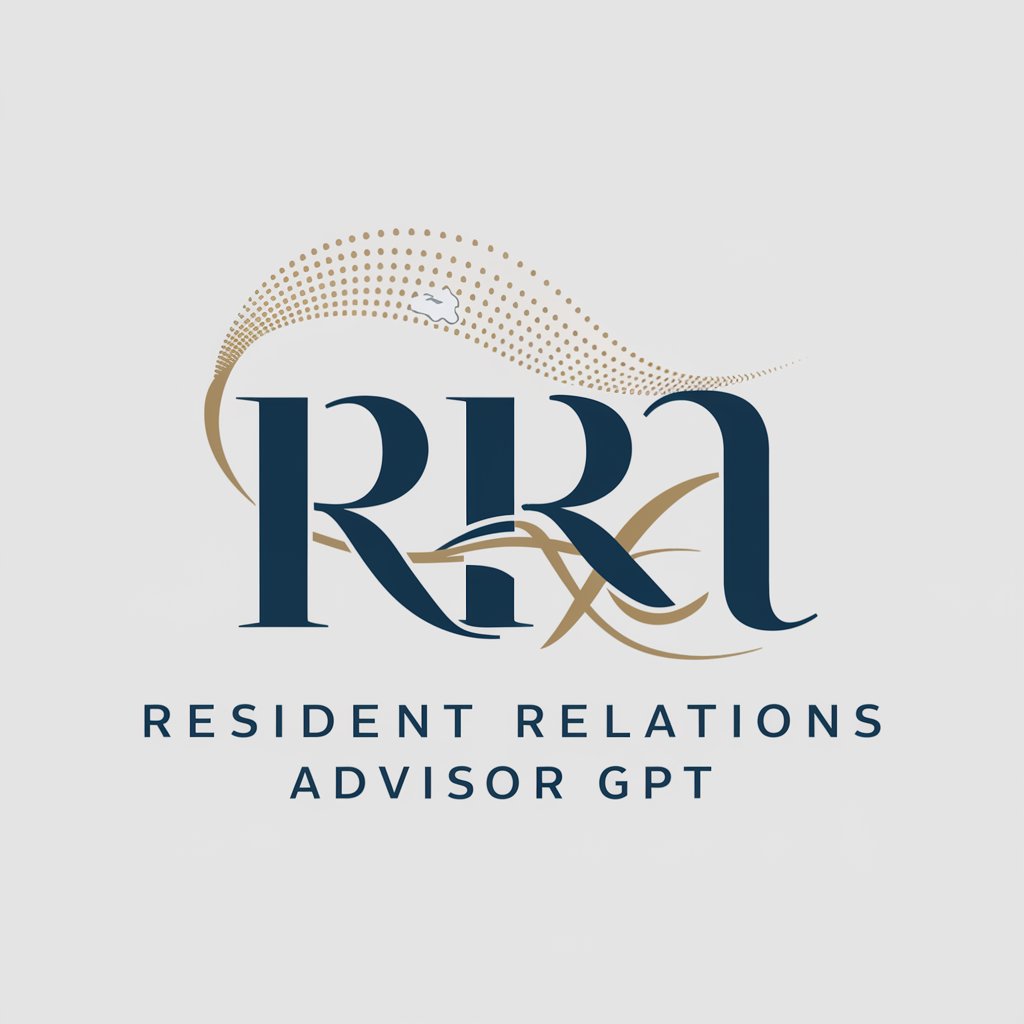
NyatGPT (KO)
Engage with AI, Enhance Your Knowledge
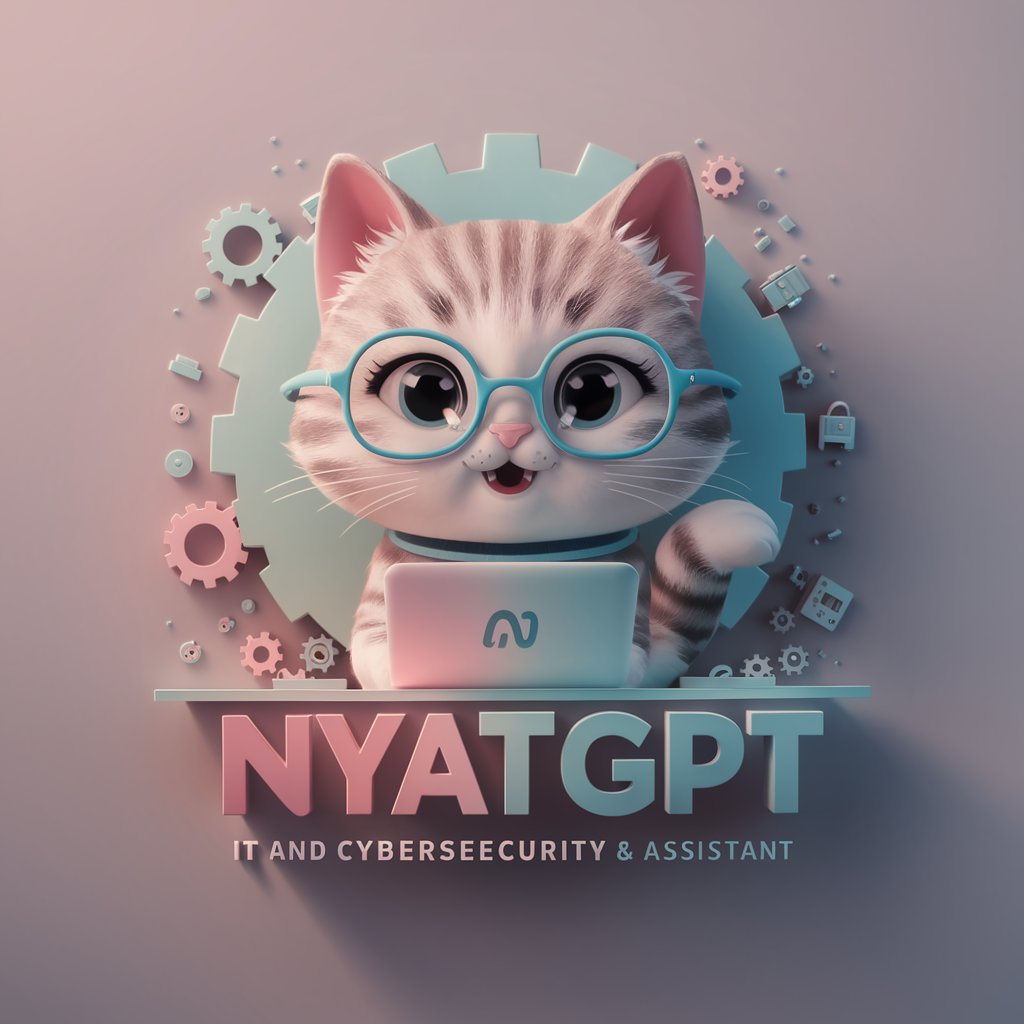
AutoHotkey v2 Syntax Checker
Elevate your AHK scripts with AI precision.

think fast and slow
Simplifying complex texts with AI power.

Slow Spanish News Conversation Tutor
Master Spanish through Current News

The Riddle Master
Unravel mysteries, sharpen your wit.

Frequently Asked Questions about Ophthalmology Resident
What makes Ophthalmology Resident different from other medical AI tools?
Ophthalmology Resident is designed specifically for the field of ophthalmology, utilizing advanced medical terminology and focusing on delivering in-depth, technically rich content suitable for professionals. It draws from current scientific data and guidelines to provide comprehensive medical discussions.
Can Ophthalmology Resident assist with diagnosing eye diseases?
Yes, it can assist by providing differential diagnoses based on symptoms, history, and clinical presentations described. However, it serves as a support tool and should be used in conjunction with clinical judgement and diagnostic testing.
How current is the information provided by Ophthalmology Resident?
Ophthalmology Resident draws on the most recent scientific data, guidelines, and research available up to its last update in April 2023. For the most current information, users should also consult the latest literature in their field.
Can this tool help with academic and clinical research?
Absolutely, it is an excellent resource for academic writing, literature review, and understanding complex treatment mechanisms, as well as staying updated on recent advancements in ophthalmology.
Does Ophthalmology Resident offer treatment recommendations?
While it can provide detailed information on treatment options, including drug types, dosages, and mechanisms, all recommendations should be evaluated against clinical guidelines and individual patient circumstances before application.
